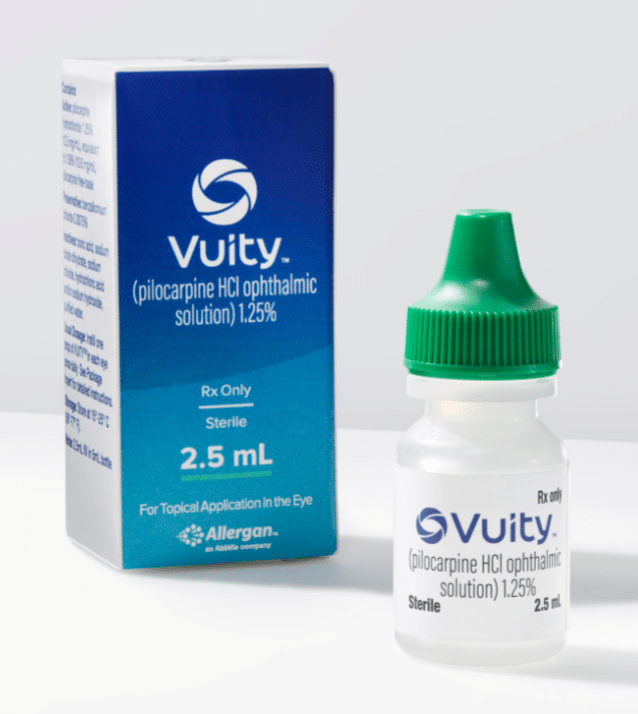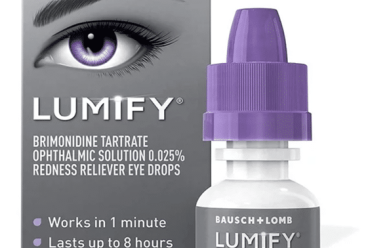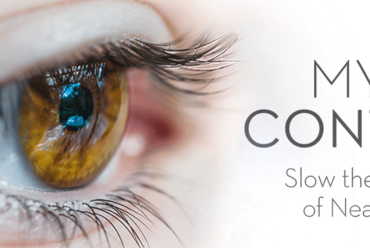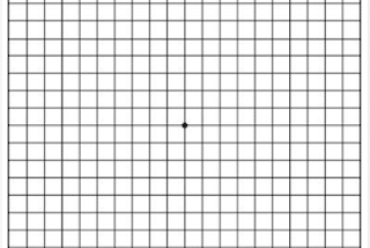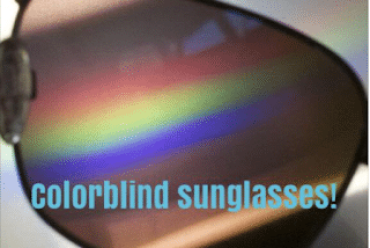Vuity Eye Drops
The FDA has approved Vuity, the first eye drop to help with presbyopia. We had the opportunity to work with George Waring MD when he was a surgeon at Emory Vision Correction Center in the early days of LASIK. We found him to be an engaging, thoughtful leader. He is now the principal study investigator for this medication.
Dr. Waring says “As we age, the lenses of our eyes become less flexible, making it more difficult to focus on things up close. Vuity offers a novel, safe, well-tolerated and effective alternative to current options for managing age-related blurry near vision. I am particularly encouraged by the rapid onset of action and duration of efficacy for Vuity to improve near and intermediate vision without impacting distance vision with one drop daily, particularly for those with mild to moderate presbyopia.”
The pros:
It is a simple, once daily eye drop that can improve near vision for up to 6 hours. New options to boost near vision without glasses, contacts or surgery are exciting!
The cons:
Pilocarpine is a legacy medication previously used to reduce eye pressure. It has fallen out of favor because it often causes a brow ache and the eyes can be red after using the drop. Vuity uses a lower concentration of pilocarpine.
In the study groups, the goal was three lines of improvement on an eye chart at near without losing more than one line at distance. The first study was GEMINI 1 and 31% of those using Vuity met the goal. In the second study, GEMINI 2, 26% reached the goal. Of course this means that 2/3 to 3/4 did not meet the goal.
The biggest effect was seen in the first hour and declines after, so it may be difficult to go through an entire workday. Some Vuity users have trouble changing focus from near to far, some have trouble with night vision. In general, more light is required when using the drop.
A one month supply will currently cost around $85 according to GoodRx.
The ideal candidate is someone age 40-55 who sees well naturally far away, but has some blurry vision at near.

